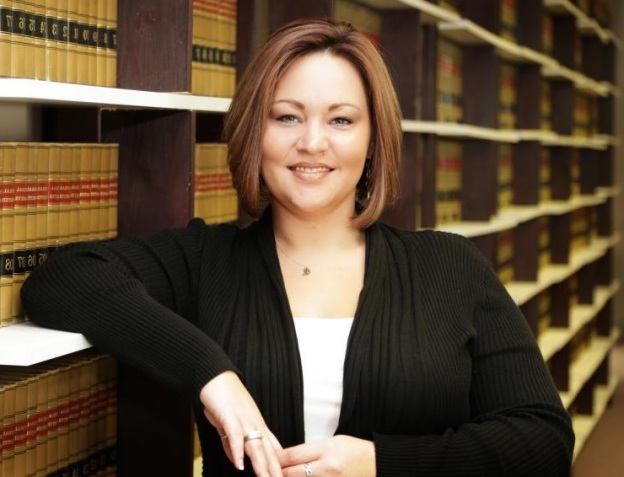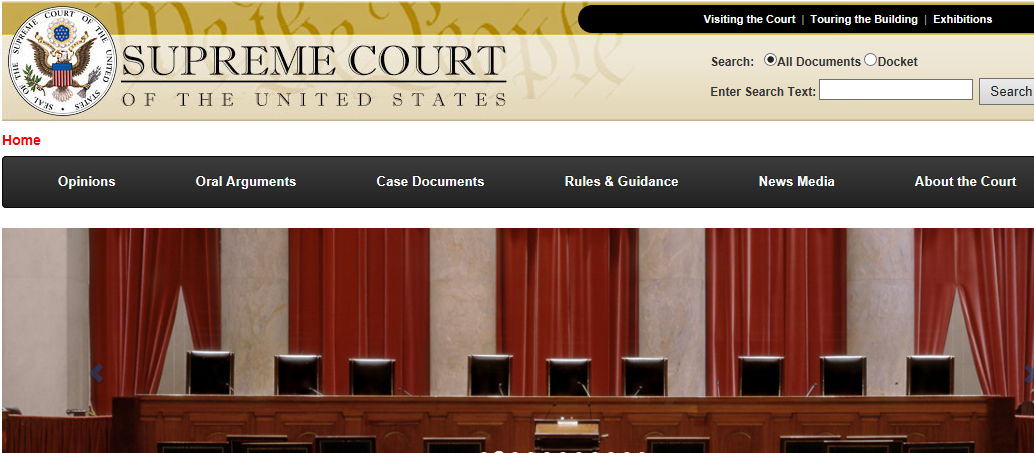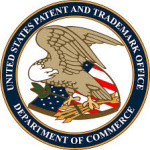Right now, you are focused on being a highly effective law student so you can land a good job after you graduate. Have you ever stopped to think, though, about what characteristics and qualities will help you to succeed after you accept your first legal position? A recent Law360 article considers just this question and, after interviewing senior lawyers at a number of New York City law firms, offers the following list of 7 characteristics of highly effective newer lawyers:
1. They Get and Stay Organized. Effective associates ask assigning attorneys upfront about deadlines and create a running “to do” list showing tasks and due dates. According to the article, this helps associates keep their focus when they might otherwise become distracted by more exciting, but less time sensitive, matters.
2. They Respond Immediately. Effective associates never wait to respond to a partner or a senior associate according to the attorneys interviewed for the article. These associates make sure to acknowledge each task they are assigned (by a return phone call or email) even if they are unable to complete the task right away. These associates also always provide realistic deadlines for when they will complete the work, so assigning attorneys can plan accordingly.
3. They Research Even the Tiniest Details. For the new litigating attorney, this may mean becoming familiar with the layout and AV capabilities of a courtroom prior to an appearance. Newer corporate lawyers may need to do online research about opposing counsel to help develop strategies that are likely to move the ball along in a marathon negotiating session.
4. They Act Like They Already Have the Job They Want. This one is simple, according the article; in order to act like you already have the job you want, try to step into the shoes of the attorney giving you the assignment. Try to anticipate all of the things that need to be done to move a case or deal forward and formulate a plan to accomplish those objectives. Also, if you can get a sense of your supervising attorney’s writing style, work habits, and billing practices, you can tailor your own work product to make it consistent with that style.
5. They Anticipate. According to the article, the best new associates are prepared to answer the questions a partner or client will raise even before they are asked. In order to do this, associates must be thoroughly familiar with the facts and law of the issue they are working on. Also, advises the article, never tell a senior attorney about a problem without also offering possible solutions to solve that problem.
6. They’re Always Looking for Connections. Effective associates are continually on the lookout for new mentors, staff, and other associates that can help them succeed in their careers. One way to cultivate this network and to achieve a higher profile at the firm, according to the interviewed attorneys, is to actually visit senior attorneys in their office with questions rather than sending an email or leaving a voicemail. Just be sure to limit the duration of your visit; senior attorneys are happy to mentor junior associates but you must respect the great demands they have on their time.
7. They Act as if They Work Alone. Always act as if your work is going directly to a client or a judge and that there is nobody to catch your mistakes. Even if a senior associate finds the mistakes in your work before it lands in the hands of a judge or client, you have damaged your reputation when you cannot be trusted to verify the accuracy of your own work product.
Want to read the whole article? Find it at Law360 on Lexis Advance: 7 Habits Of Highly Effective Associates http://www.law360.com/legalindustry/articles/584143.





 e library purchased one copy of each required textbook. The books are located on course reserve behind the circulation desk. You can check out course reserve materials for two hours at a time. Some of the titles are on order and will be placed on reserve as soon as the library receives them. Please note that the library does not purchase statutory supplements, because you can access the United States Code and state codes through several online resources, including Westlaw, Lexis, and Bloomberg Law. Click on the
e library purchased one copy of each required textbook. The books are located on course reserve behind the circulation desk. You can check out course reserve materials for two hours at a time. Some of the titles are on order and will be placed on reserve as soon as the library receives them. Please note that the library does not purchase statutory supplements, because you can access the United States Code and state codes through several online resources, including Westlaw, Lexis, and Bloomberg Law. Click on the  Brooklyn Law School Law Library has ordered a book on the subject of patent trolls,
Brooklyn Law School Law Library has ordered a book on the subject of patent trolls, 
